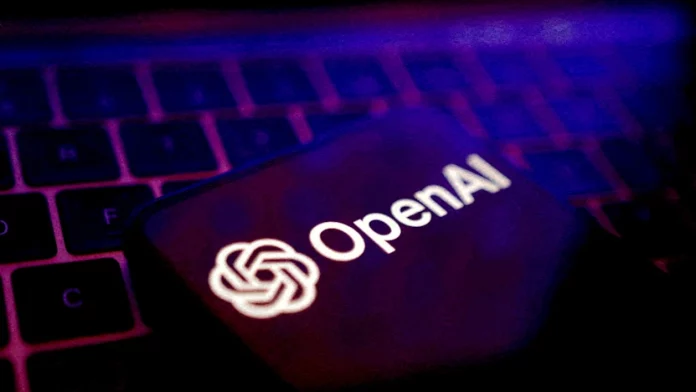Since algorithmic AI entered public consciousness, it has rapidly become integrated into many aspects of our daily lives. Numerous web developers have partnered with OpenAI to embed ChatGPT into their systems, while others have embarked on building their own AI solutions from scratch. Rather than continuing to facilitate these partnerships or risk losing ground to competitors, OpenAI has decided to take a bold step: delivering ChatGPT directly to users through its own dedicated web browser.
In a press release today, OpenAI unveiled ChatGPT Atlas, the first fully AI-powered web browser. Unlike previous attempts to incorporate search features into the existing ChatGPT interface, Atlas is designed with ChatGPT embedded at its core. This allows the browser to seamlessly bring a variety of AI-driven services and functionalities into everyday browsing routines. At launch, ChatGPT Atlas is available exclusively on macOS, with plans to expand to Windows, iOS, and Android in the future—though no definite timeline has been provided.
ChatGPT integrated everywhere in Atlas
With Atlas, there’s no need to keep a separate ChatGPT tab open to access its capabilities. Instead, an easily accessible sidebar lets you interact with ChatGPT anytime. Whether you want to ask questions, summarize content on the current webpage, receive writing suggestions, analyze data, or perform other tasks, the sidebar is there to assist. You can customize the sidebar’s memory settings—choose to have it remember or forget information from previous sessions. For example, if you were browsing holiday decorations last week, Atlas can reopen those tabs or suggest new ones with related content.
The preview build of Atlas, available to Plus, Pro, and Business subscribers, also features the innovative Agent mode, initially announced earlier this year. Beyond providing answers, Agent mode can perform tasks on your behalf, such as ordering groceries for a recipe or compiling concise briefs for work.
OpenAI has assured users that, unless they opt-in, browsing data on Atlas will not be used to train its AI models. Additionally, you can disable ChatGPT’s memory functions or browse incognito to temporarily log out of ChatGPT, ensuring privacy and control over your data.





